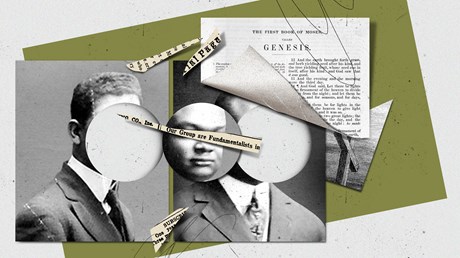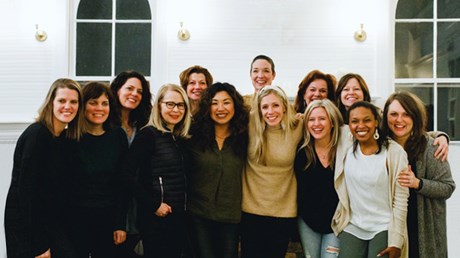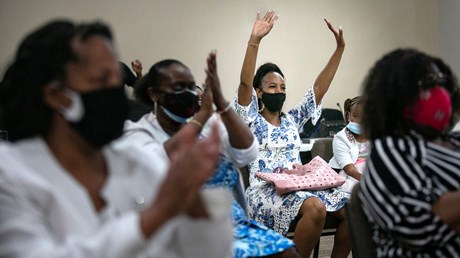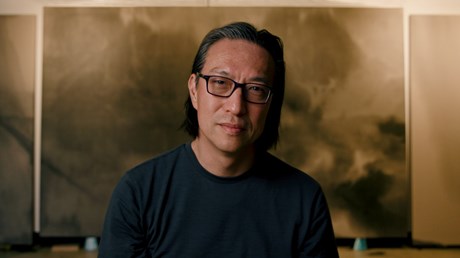A discussion on preaching hope, confronting anti-Asian hatred, and serving their diverse communities.
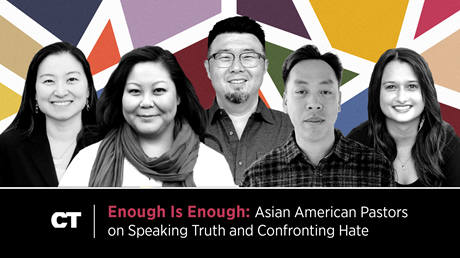
Has the American church remained too silent about anti-Asian racism and violence? How can we respond with a biblical and unified voice?
Join us for this free webinar featuring a dynamic panel of seasoned Asian American ministers in conversation about preaching hope, confronting anti-Asian hatred, and serving their diverse communities.
Our Panelists
Mary Chung March
Mary Chung March serves as co-lead pastor of New City Covenant Church in Edina, Minnesota. She also is president of the Evangelical Covenant Church’s denominational Asian Pastors Association and president of the Mosaic (Ethnic) Commission.
She earned her bachelor’s degree from the University of Michigan and her MDiv and a master’s in counseling form Gordon-Conwell Theological Seminary. She is married to John (co-pastor at NCCC) and is a mom of four.
Juliet Liu
Juliet Liu serves as pastor of Life on the Vine Church, a small missional congregation in the northwest suburbs of Chicago. Juliet is a graduate of Trinity Evangelical Divinity School (MDiv, 2005) and the University of Illinois Urbana-Champaign (2001).
Prior to coming to Life on the Vine in 2010, she ministered as a college campus minister with InterVarsity Christian Fellowship and as the director of worship at both North Shore Chinese Christian Church and Trinity International University. Juliet also serves as chair of the board and writing team member for Missio Alliance, where she formerly served as editorial director.
Peter Lim
Peter Lim is founder and lead pastor at 4Pointes Church in Atlanta. Peter is an ordained minister who is a graduate of UCLA (1995) with a BA in political science, and of Trinity Evangelical Divinity School with a master of divinity (1999) and a master of theology (2000), ...
from Christianity Today Magazine https://ift.tt/3aQQw5i
